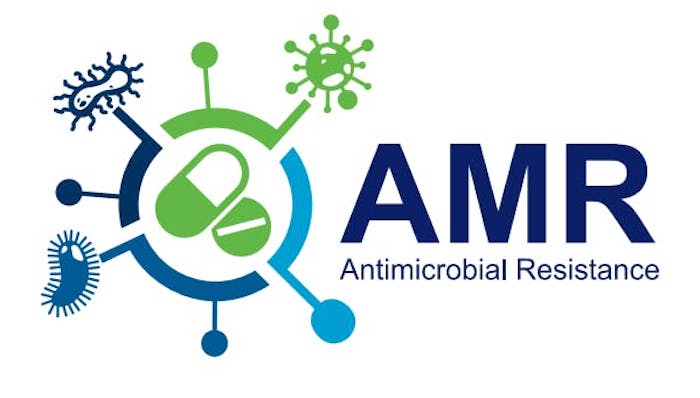By Iyemah David
The Nigeria Centre for Disease Control and Prevention (NCDC), has highlighted the urgency of addressing Antimicrobial Resistance (AMR).
During a press conference, on Thursday in Abuja, Dr Jide Idris, Director General of the NCDC, described AMR as a silent killer that claims more lives than malaria, tuberculosis, and HIV combined.
He said that cultural practices and antibiotics contributed significantly to the spread of resistant infections.
Dr Idris added that AMR had been termed a silent killer due to the devastating but underreported impact it had on public health.
“Tomorrow, the Minister of Health will inaugurate the National Action Plan 2 on AMR, designed to tackle these pressing issues and boost public awareness.
“It kills more people than malaria, tuberculosis, and HIV combined,” he said.
According to him, Many Nigerians remain unaware of the severity of the threat because of cultural practices and misinformation.
He said that the overuse, underuse, and misuse of antibiotics, alongside the circulation of counterfeit antibiotics, were major contributors to the spread of AMR.
The DG stressed the need for public awareness campaigns to educate both the general public and healthcare professionals.
He said that the new National Action Plan on AMR would focus on addressing governance, surveillance, microbial stewardship, research, and infection prevention.
“Public awareness efforts will be scaled up nationwide, with particular attention paid to rural communities,” he said.
The DG said that the plan would be implemented immediately after the inauguration.
He also raised concern about the recent flooding in Nigeria, which has worsened the spread of waterborne diseases like cholera.
“Floodwaters not only spread diseases but also carry harmful chemicals and pharmaceutical waste, which contribute to the spread of AMR,” he said.
He said that the NCDC had continued to work with partners such as Médecins Sans Frontières (MSF), the Red Cross, UNICEF, and local organisations to improve healthcare delivery, especially in rural areas.
“These partnerships focus on training community health workers and increasing public awareness on proper hygiene practices, infection control, and the safe use of antibiotics,” he said.
The DG reiterated the importance of surveillance and reporting for cholera and other infectious diseases.
“Underreporting due to stigma and fear hinders the effective containment of outbreaks,” he said.
He urged state governments and health facilities to comply with mandatory disease reporting protocols.
The DG stressed the need for continued collaboration between public health authorities, healthcare professionals, and the public.
He explained the importance of proper hygiene, the safe use of antibiotics, and the role of community education in combating AMR and preventing future public health crises.
AMR poses a significant threat to the prevention and treatment of a growing number of infections caused by bacteria, viruses, fungi, and parasites.
It occurs when these microorganisms evolve and no longer respond to treatments, making infections more challenging to manage and increasing the risks of disease spread, severe illness, and death.
Consequently, effective medicines become ineffective, leading to persistent infections that can be transmitted to others.
Antimicrobials, including antibiotics, antivirals, anti-fungal, and anti-parasitic, are used to treat infections in humans, animals, and plants.
Those microorganisms that develop resistance are often referred to as “superbugs.”




